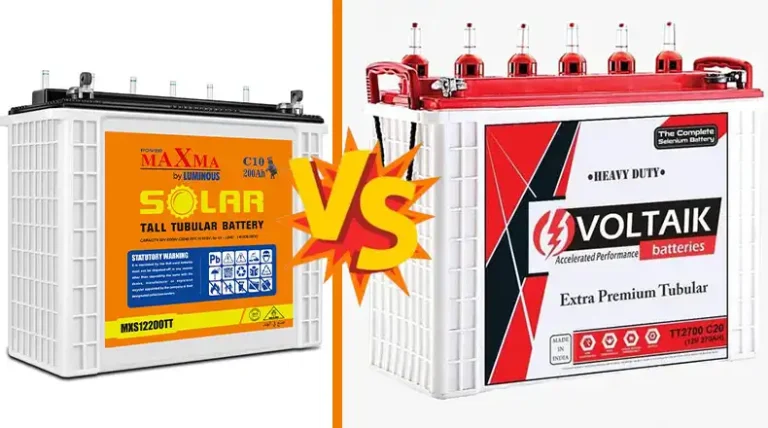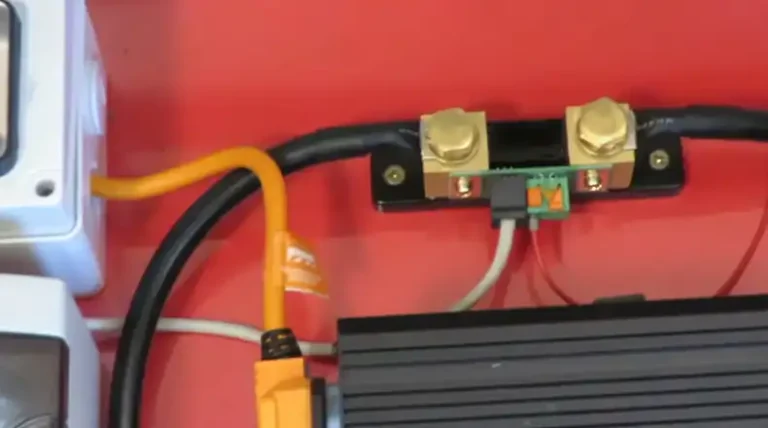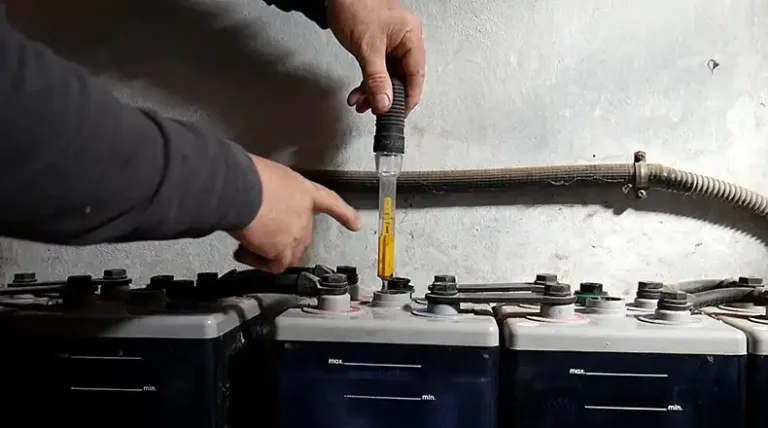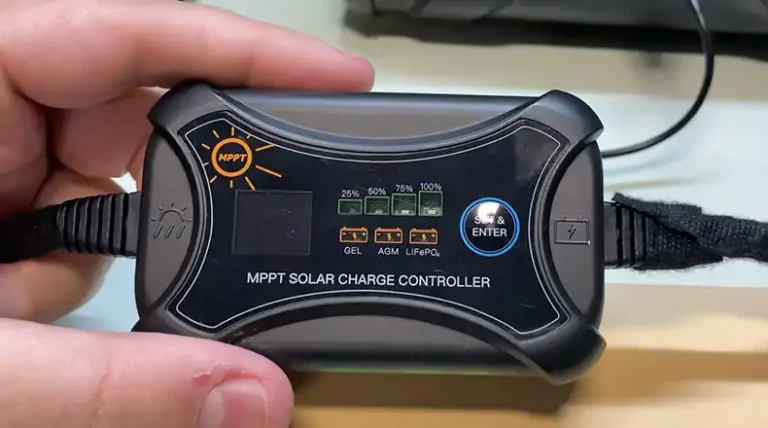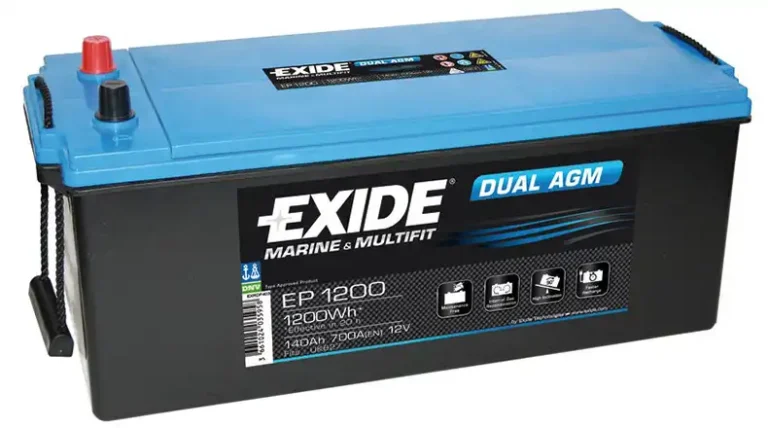How Long Do Home Solar Batteries Last?
With home solar system installations accelerating globally, solar-paired home battery backup is a fast-growing trend for added resilience and maximizing solar self-consumption. However, amid the excitement over emerging battery technologies, questions linger about real-world lifespan expectations. On average, today’s solar batteries operate reliably for 5-15 years based on chemistry and use factors before needing replacement.
Newer lithium-ion options last 10-15 years under typical home usage, while basic lead-acid may manage only 3-5 years in extreme duty. Outlining key influences on battery endurance helps align buyer expectations and inform solar-battery pairing decisions. For further information, take a few minutes and keep reading!
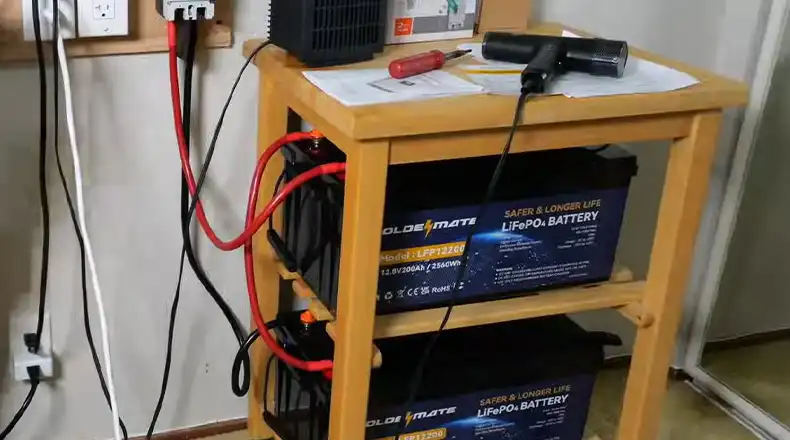
Typical Lifespan of Home Solar Batteries
The average modern home solar battery lasts between 5-15 years before requiring replacement, but factors like battery chemistry, usage patterns, and operating conditions significantly impact ultimate lifespan. Generally, lithium-ion batteries offer 10-15 years of productive life if properly maintained. By contrast, basic lead-acid batteries average only 3-5 years for whole-home solar backup needs.

In addition to battery type, the warranted life span indicates what the manufacturer guarantees under certain usage constraints. However, even with careful use, the ultimate service life span often exceeds warranty periods. For example, a lithium battery may have a 10-year warranty but operate viably for 12-15 years assuming responsible usage stays within operating tolerances.
Additionally, battery lifespan correlates to “throughputs” like charge/discharge cycles. A 5 kWh lithium battery may warranty 6000 cycles, equivalent to 15 years at one full cycle per day. Never discharge a solar battery below the advised depth guidelines for maximum longevity. Adhere to usage guidance, storage conditions, and maintenance for trouble-free solar battery life reaching or exceeding warranty protection.
What Affects Home Solar Battery Lifespan?
Multiple aspects affect solar energy storage battery lifespan, including —
Battery Chemistry
Lead-acid batteries offer only 300-500 cycles, lasting 3-5 years under full-home solar duty before fading. Lithium-ion batteries provide 2000+ cycles and over 10 years of useful life. Emerging saltwater/flow batteries could reach 4500 cycles and 15-20-year lifespans.
Usage Pattern and Cycling
Full discharges stress batteries. Limit depth of discharge to 30-50% where possible for extended longevity. Design system sizes appropriately. Partial cycling preserves batteries better than rapid full drains.
Environmental Conditions
Temperature extremes degrade batteries faster through chemical changes and stresses. Maintain battery ambient temperatures per guidance, around 25°C ideal.
Maintenance
Periodic cleaning, charge calibration, testing for faults, and inspection for damage facilitate early repair needs detection and improve lifespan.
Higher-performing, efficient modern batteries offer the longest, most cost-effective lifespans. But responsible usage and care are key to unlocking maximum stability and longevity.
How to Know If Your Solar Batteries Need Replacement
Signs that your solar batteries need a replacement include —
a) Bulging cases, torn cables, cracked housings, electrolyte leaks, or corroded terminals indicate replacement needs. Don’t attempt to recharge damaged batteries.
b) If your solar system fails to stay online for needed durations despite full charges, fading capacity requires new batteries.
c) Batteries that cannot hold 85% or more of their original capacity despite regular cycling need retirement.
Consult your installer immediately upon detecting any battery deficiencies for safety and system reliability.
How Do You Maximize Your Home Solar Battery Lifespan
To maximize solar battery lifespan, I recommend —
Quality Batteries: Reputable tier 1 solar batteries with 10-15 warranties make economic sense long-term.
Follow Guidelines: Adhere to manufacturer usage, maintenance, and environmental guidelines for maximum stability.
Responsible Use: Avoid full discharges and depth that exceeds recommendations.
Monitor Performance: Periodically gauge capacity and cycle health to catch issues early.
Pair battery lifespans realistically with solar panel expectancy when making system design decisions.
How Long Are Solar Batteries Typically Warrantied For?
Quality solar batteries usually come with 10-15-year warranties from leading brands like Tesla Powerwall, LG Chem, Sonnen, and Generac PWRcell. Budget lead-acid solar batteries may have just 1-5 years of warranty coverage. Extended warranties are available for purchase through some retailers.
To satisfy warranty coverage terms, users must abide by usage guidelines like avoiding excessive depth of discharges below recommended levels, maintaining temperatures within prescribed ranges, and following any maintenance procedures. Assuring responsible use and care is key to achieving a satisfactory battery lifespan whether the warranty has expired or not.
Are Home Solar Batteries Deep Cycle and Does It Matter?
Deep cycle batteries are designed to withstand repeated discharges to a higher depth of discharge percentage ranges, making them ideal for home solar energy storage versus standard batteries. Lead-acid batteries should remain above 50% state of charge as a rule. Lithium batteries also last longer by minimizing discharge depth more extremely.
Since home solar batteries cycle daily, deep cycle batteries withstand this usage pattern better across thousands of cycles and for a decade or longer. Insist on true deep-cycle solar batteries from quality brands for the longest life with less degradation.
Will Your Solar Batteries Outlast Your Solar Panels?
Modern monocrystalline solar panels reliably deliver over 25 years of power output with minimal degradation thanks to durable components and designs. Lithium solar batteries traditionally lag behind at 10-15 years lifespan. So it’s likely your batteries may need one replacement cycle during your solar array lifetime.
Fortunately, modular battery designs make replacements simple upgrades. And future solar batteries on the horizon like zinc hybrid and saltwater/flow promise even longer enduring performance than panels. For now, budget one batter swap, but future options should match panel endurance.
Should You Consider Longevity Alone When Getting New Solar Batteries?
While projected lifespan represents a significant factor in solar battery selection, also weighs critical aspects like —
Performance: Higher roundtrip efficiencies, depth flexibility, and continuous power ratings ensure system needs are served.
Safety: Thermal stability and fire/leak resistance are paramount for home deployment peace of mind.
Compatibility: Your preferred battery must interface with inverters, chargers, and software for seamless integration.
Warranties: Lengthy coverage provides financial protection should early issues emerge.
Cost: Upfront affordability must balance against lifespan value via life-cycle cost assessments.
An enduring long-life battery means little if it underperforms, carries excessive risks, or simply proves cost-prohibitive overall.
Related FAQs and Answers
How long will a 10kW battery last?
A 10kW lithium battery should reliably sustain whole-home backup demands for 10-15 years if cycled properly per guidance. Higher throughputs do not automatically shorten lifespans.
Do solar batteries last all night?
Sized appropriately to household loads, today’s solar batteries reliably provide overnight power lasting 8-12+ hours on a full charge, covering most outage durations.
Which battery has the longest lifespan?
Currently, lithium-ion batteries offer the longest lifespans for home solar setups at 10-15 years with proper usage. New saltwater/flow batteries may last 15-25 years but have less real-world data.
How long does a 5kw solar battery last?
A common 5kW lithium solar battery averages 10-15 years before replacement, again based significantly on utilization and charging variables. Care and conditions are equally key.

![[Answered] How Many Solar Panel Required To Charge 300ah Battery?](https://www.itekenergy.com/wp-content/uploads/2023/08/solar-panel-required-to-charge-300ah-battery-768x428.jpg)
